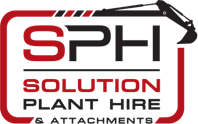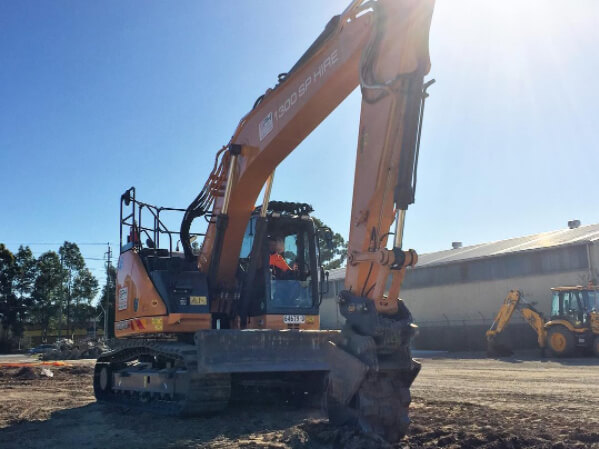When it comes to hiring equipment for the work site, there are two options you can go with: Wet Hire or Dry Hire.
When it comes to work equipment hire, “wet” equipment means that as part of the hire you also get an operator for whatever you’re hiring, while “dry” means that you’ll source your own equipment operator from somewhere other than the hire company, for example you may already employ an operator.
There are advantages and disadvantages to both options, both in terms of project management and the financial impact of the hire, so carefully consider what you need before taking the next step and putting an order in for the equipment.
Why dry hire?
If you’re feeling confident with your project management, and want to save on additional costs, dry hire can dramatically reduce the overall cost of hiring equipment.
If you opt for a dry hire, the benefits to your project include:
- You can find an operator cheaper – You may well have someone in the existing team who is a skilled operator, saving you drastically on the costs of skills hire, which is wrapped up into the wet equipment hire fee.
- You can exercise a greater degree of control over the work – It’s the old story of a contractor vs. an employee; you’ll always have greater control with an employee.
- Accountability is better – When you’re working with an existing employee, they’re already familiar with the expectations and processes of the business, and there will already be a management layer in place with oversight over their work. The end result is greater accountability for what is done on site.
- Fewer people – There’s less personnel on site, making your own job in managing the overall project easier.
- Site safety – The safety of the site is better protected when using your own employees for equipment operation, as they have been trained in your site’s safety protocols and it also reduces the number of people required on site.
Of course, you can’t hire equipment and then pick someone in the team at random to operate it. There are still some mandatory requirements for the operator when dry hiring equipment that standard with the operator provided as part of a wet hire contract:
- The operator should be experienced in the equipment
- The operator must be licensed (where applicable)
If neither of these are true, then you’ll need to budget in equipment orientation (and, potentially, training) as part of the project, and this can be costly both in terms of time and money.
Why wet hire?
Firstly, from a pure convenience perspective, there can be advantages to wet hire. Wet hire is very much a “complete package” where you’ll agree on a price with the equipment supplier, and then have the equipment dropped off at the work site with an operator.
The benefits to this are:
- Skill set – If you don’t have an operator confident with the machinery available on the worksite, then you may feel more comfortable from an insurance perspective that you have the required skill set provided with the machinery. However, machines and their different attachments can vary in operation and “feel” different from one manufacturer to another, and as there is no guarantee that the operator you hire with the equipment is experienced with that particular machine it may be no different from using your own people as the operator.
Making the decision
Ultimately, the decision on whether to go ahead with a wet or dry equipment hire is situational; within the same company there will be times where both approaches make sense, depending on the staff at hand, and the piece of equipment being hired.
Most of all, you should also always be mindful of safety on the project.
Contact Solution Plant Hire now to discuss the advantages dry equipment hire, and to discover our extensive range of excavators, compactors, posi tracks and dumpers available for hire now.




